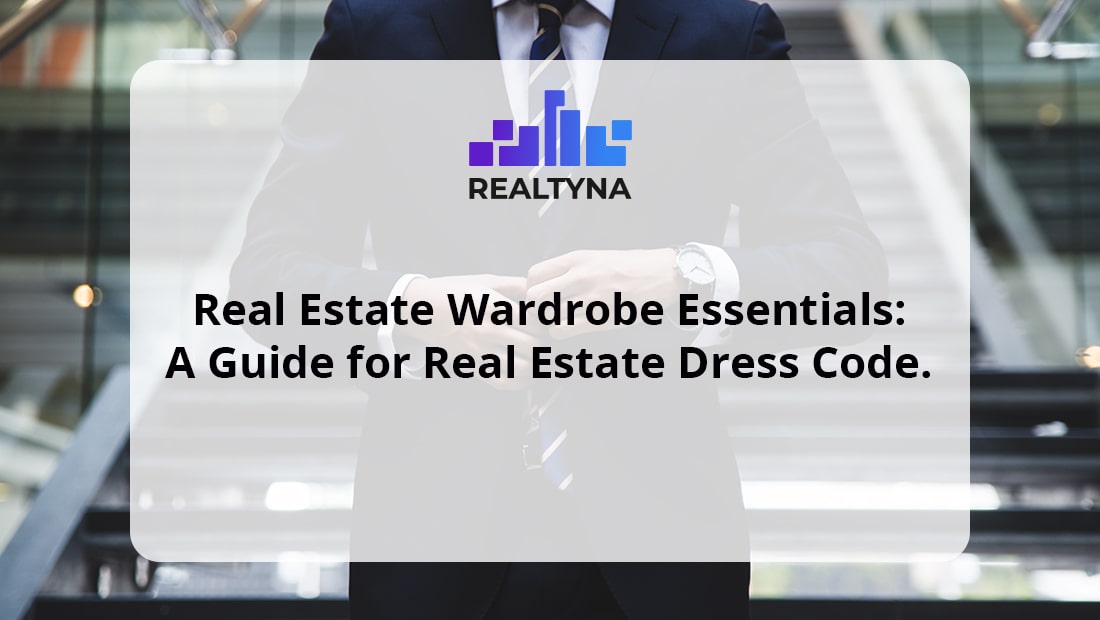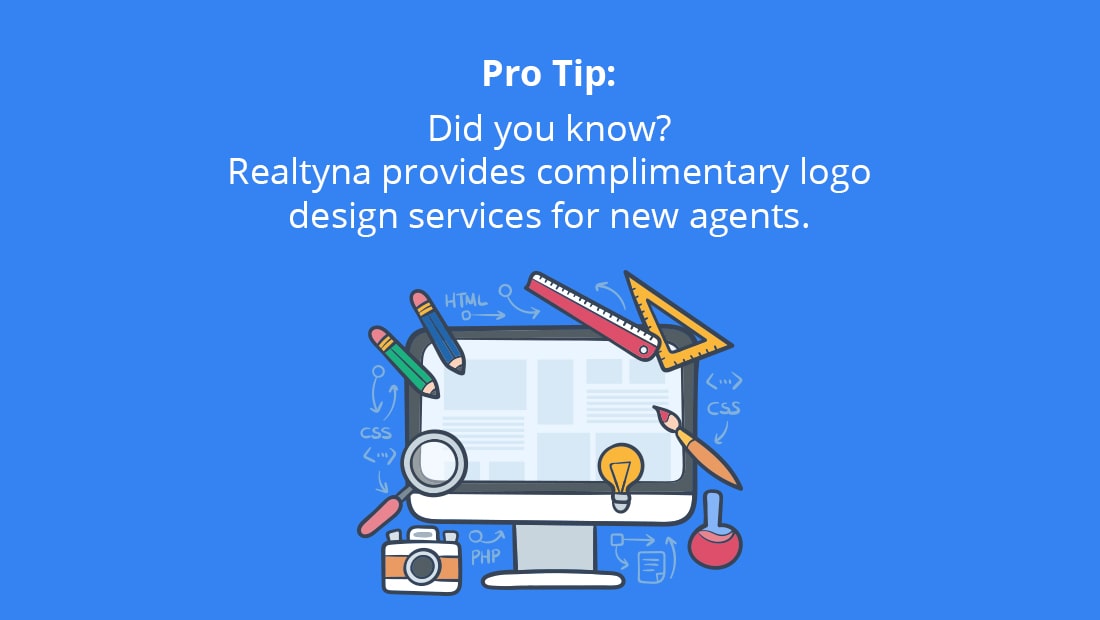
Real Estate Wardrobe Essentials: A Guide for Real Estate Dress Code
In a highly competitive field such as real estate, agents should use every possibility to attract potential leads. And real estate dress code is one of the effective tools to make the right first impression.
Overview
People are quick to judge others based on their first impression. We all know the quote: “Don’t judge a book by its cover,” but the sad truth is, we’re doing exactly the same. We see a person and in milliseconds, like an experienced FBI agent, we immediately start profiling and categorizing based on his/her appearance. Is he wearing a wrinkled shirt? He’s definitely sloppy. Does he wear an open toe shoe in the professional meeting? How dare he…He’s definitely unprofessional. As unfound and hilarious this may sound, it still reflects the truth- appearance matters.
Yes, appearance matters. Especially in the business field where you are a reflection of your company, your performance and influencing the reputation of your brand. And the real estate industry is no exception. To save you from unnecessary anxiety and wasted evenings thinking about how to look like a professional, here I present some basic rules on what to wear to be fashionable and professional real estate agent:
Context Matters
What I mean by context is that situations are different and you need to adapt to the changing circumstances. The location you’re working in, your client’s personality, and even the real estate niche you’re specializing in matters to your real estate dress code. Imagine, for example, that you’re showing a property in some fancy neighborhood, wearing a t-shirt and jeans would only make you feel uncomfortable in this neighborhood. Or if you’re showing beach houses and wearing a full suit? Always adapt the basic rules to the situation that you’re in.
Real Estate Dress-Code
Now that we’ve established that context is really important, let’s move on to the basic rules of real estate dress-code. The following list is based on the advice of some successful real estate agents.
What items should men have in their professional real estate dress code:
- Button-down shirt
- Formal shoes
- Formal coat and a jacket
- Obviously, suit
- Dark socks
- Tie
- Dark chinos
- Dress slacks
What about women’s dress code?
- Dress slacks
- Blouse
- Pantsuit
- Closed-toe shoes
- Formal coat and a jacket
Of course, the mentioned items are optional.
What About Color Palette?
Experienced real estate agents suggest sticking with the classic black, grey, white and all neutral muted colors in the real estate dress code. Don’t wear bold colors, you don’t need to redirect attention from the house you’re selling onto yourself. The main focus should be on the property.
On the other hand, studies show that if you’re attending important events like Open house or you want to stand out for your clients & be more visible, bright colors might be the right choice for you. They can imply confidence and boldness, which is what a lead might need to choose you as their agent.
Should You Wear Jewellery?
Jewelry is not mandatory. Studies show that really expensive jewelry may create a wrong impression and therefore drive clients out. Top real estate agents suggest to stick with the classic set: watch; pearl earrings and necklaces. Also, note to remember sometimes silver pieces of jewelry are more appropriate than gold.
But, as mentioned already, your real estate dress code vastly depends on the situation and your clients’ personality and status, so be sure to correct your clothing according to these variables.
P.S Are you a newbie in a real estate field? Check out this article How Do Real Estate Agents Make Money?



Sorry, the comment form is closed at this time.